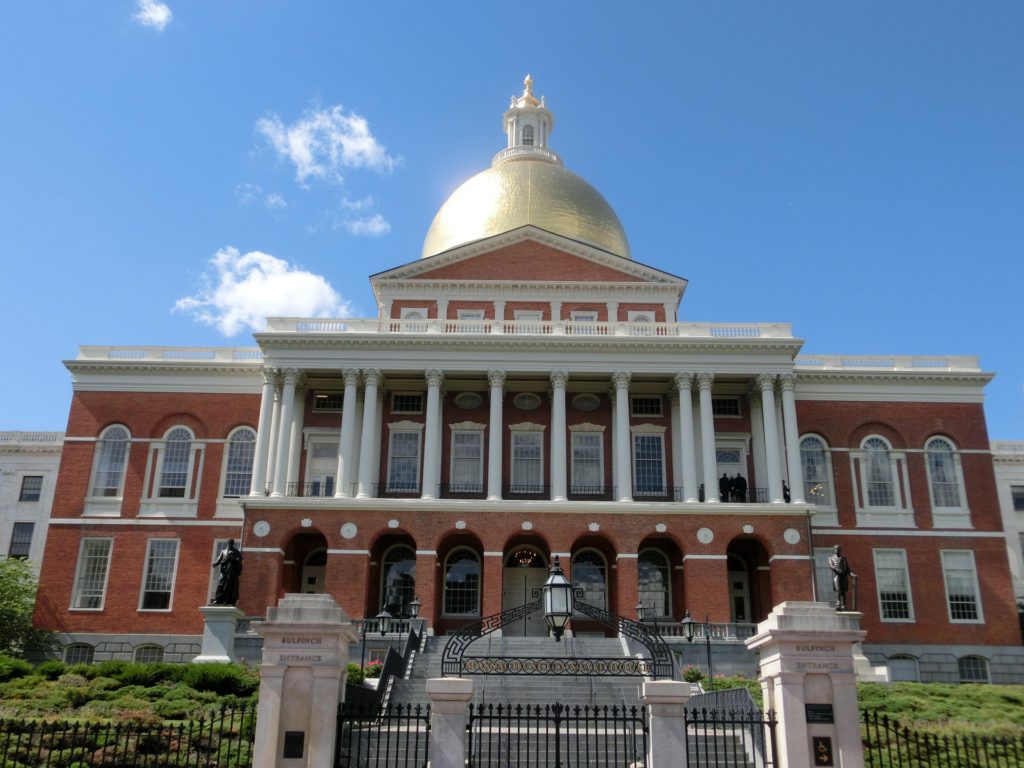
This past spring, state lawmakers have filed six bills in Massachusetts having to do with kratom policy. Four of the bills aim to schedule kratom as a “Class A” controlled substance, which would put it in the same category as heroin and fentanyl.
One bill, S1558, aims to regulate kratom similar to Kratom Consumer Protection Acts (KCPAs) that have been passed in other states.
Another, S1609, bans the sale only of kratom in Massachusetts, but does not make it a controlled substance. Therefore, Massachusettsans would be free to possess kratom that they could access online or from other states.
The latest action on any of these bills occurred on July 10, on House Bill 4261, called “Ty’s Bill” and summarized as “For legislation to regulate the sale of kratom.” However, H4261 has been declared an “emergency law”, “to prevent deaths with the unregulated sale of Kratom…necessary for the immediate preservation of the public health.” H4261 will add mitragynine, 7-hydroxymitragynine, and “hydroxymitragynine” (which is not the name of any alkaloid discovered in kratom) to Section 31 of chapter 94C subsection (d)(8) in line 103, making them Class A controlled substances. The kratom alkaloids will be listed in the same category as fentanyl and multiple fentanyl analogues.
It is yet to be made public who the bill is referring to with the name “Ty’s Bill”. Presumably, the name refers to someone who died with kratom in their system, as has been traditional with many prohibition bills in order to add an emotional appeal to counter the reality of the well-documented harms of criminalization.
H4261 was introduced on March 27 and referred to the Committee on House rules. On July 7, the bill was sent to the Joint Committee on The Judiciary on July 7, a committee that includes members from both the House and Senate. On July 10 the Senate concurred, which is not a vote but a procedural checkpoint. In the case of H4261, the Senate’s concurrence confirmed its agreement with the House’s referral of the bill to the Joint Judiciary Committee.
The two main lobbying organizations for kratom consumers and industry, Global Kratom Coalition (GKC) and American Kratom Association (AKA) have expressed their opposition to the 2025 Massachusetts ban bills, but neither organization has given a update on H4261.
Massachusetts previously introduced a kratom regulation bill in 2023 that would ban the sale of contaminated kratom, but the bill died.
